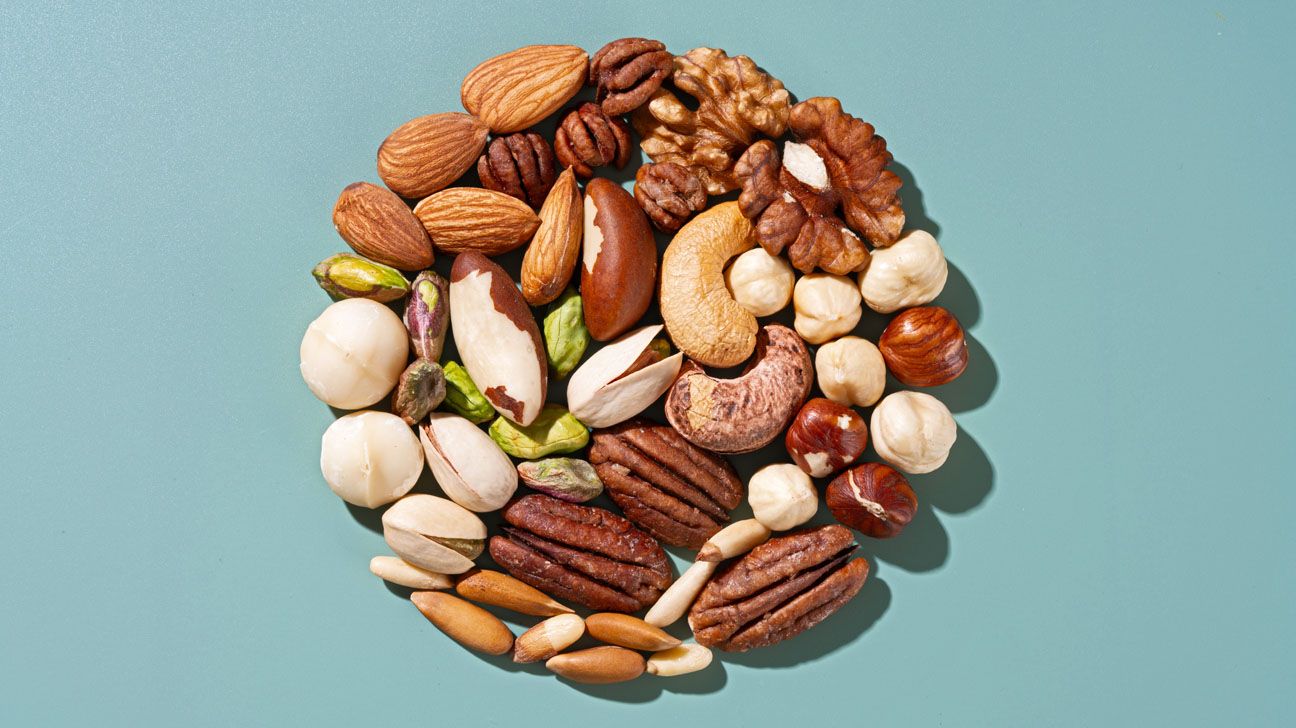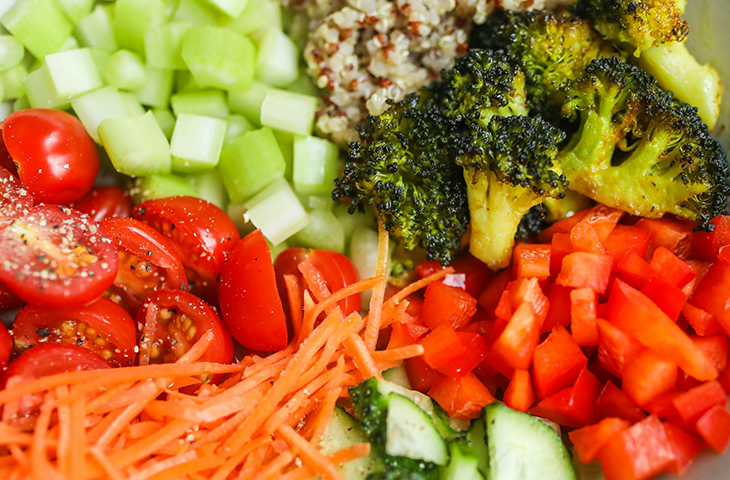Fda Approves, Expands 3 Natural Color Additives After Rfk Jr.'s Plan To Remove Artificial Food Dyes

RFK Jr. previously said he wants to phase out petroleum-based dyes.
The U.S. Food and Drug Administration (FDA) approved on Friday additional color additives from natural sources in line with the Department of Health and Human Services' goal to eliminate artificial food dyes.
The agency approved two dyes and expanded approval of a third, meaning it can now be used in a wider range of food products.
"Today we take a major step to Make America Healthy Again," HHS Secretary Robert F. Kennedy Jr. said in a statement. "For too long, our food system has relied on synthetic, petroleum-based dyes that offer no nutritional value and pose unnecessary health risks. We're removing these dyes and approving safe, natural alternatives -- to protect families and support healthier choices."
The approved additives include Galdieria extract blue, which is derived from algae; butterfly pea flower extract from the butterfly pea flower; and calcium phosphate, a natural compound containing calcium and phosphorus.
Galdieria extract blue has been approved by the FDA to be used in several products including fruit juices, fruit smoothies, candy, chewing gum, breakfast cereals, popsicles and yogurts.
Butterfly pea flower extract, which is already used to color most of the above, had its use expanded to color ready-to-eat cereals, crackers, snack mixes, hard pretzels, plain potato chips, plain corn chips, tortilla chips and multigrain chips.
Calcium phosphate was approved for use in ready-to-eat chicken products, white candy melts, doughnut sugar and sugar for coated candies.
The approvals come after comments from Kennedy about his opposition to artificial dyes, claiming they are harmful and calling for them to be removed from foods and beverages. Under Kennedy, the FDA has sought voluntary commitments from food companies that they will phase out synthetic dyes.
Since then, some U.S. food manufacturers, including Tyson Foods, have said they are working to eliminate artificial food dyes.
Nutritionists and dietitians are divided over whether or not synthetic food dyes are harmful, or the extent to which they are harmful, but all agree they do not have any nutritional value.
FDA Commissioner Dr. Marty Makary told reporters on Friday that he is meeting with the Consumer Brand Association, touting the administration's efforts to remove dyes from the U.S. food supply.
"On April 22, I said the FDA would soon approve several new color additives and would accelerate our review of others. I'm pleased to report that promises made, have been promises kept," Makary said in a statement. "FDA staff have been moving quickly to expedite the publication of these decisions, underscoring our serious intent to transition away from petroleum-based dyes in the food supply and provide new colors from natural sources."
ABC News' Selina Wang contributed to this report.


